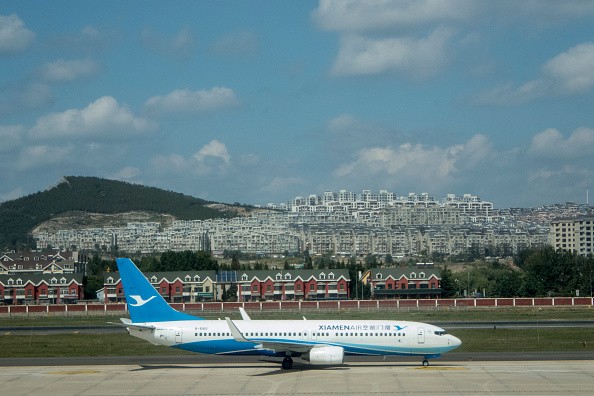China and Australia have agreed to remove all capacity restrictions for the airlines of each country, including traffic rights and code share arrangements.
This agreement will allow the airlines of both countries to service destinations between and beyond China and Australia and to take advantage of cooperative arrangements with commercial partners, said Australian Minister for Infrastructure and Transport Darren Chester.
There is an increase of direct flights between the two countries in recent months. In November, national flag carrier Air China started service between Chengdu and Sydney, while China Southern Airline will begin service between Guangzhou and Adelaide in December.
Meanwhile, Australia's Qantas will relaunch daily service from Sydney to Beijing in January.
Australian Minister Tourism and Investment Steven Ciobo said that the agreement provides unlimited potential for Australian tourism, which could take advantage of China's massive consumer market.
This agreement will help Australia snare a larger slice of outbound China market is predicated to double to more than 200 million travelers annually by 2020.
China is Australia's fastest-growing and highest-spending tourism export market. Over a million Chinese visited Australia in 2015-16, a 22.3 percent increase from the previous year.
According to Tourism Australia, a government agency responsible for attracting international visitors, the Chinese who visited Australia in 2015 spent $8.3 billion during their visits.
The agency's Tourism 2020 Strategy stated that tourist from China may potentially generate $13 billion in total annual expenditure by 2020.
Tourism Australia expects big opportunities not only in the primary cities of Beijing, Shanghai and Guangzhou, but also in secondary cities such as Chengdu, Chongqing, Xiamen, Shenyang, Tianjin, Hangzhou, Nanjing, Shenzhen and Wuhan.
Shopping is a favorite pastime for many Chinese who visit Australia. Last year, Chinese tourists in Australia spent an average of nearly $2,500 last year on retail therapy per trip, according to Cross Border Management (CBM), a China consultancy firm.



























